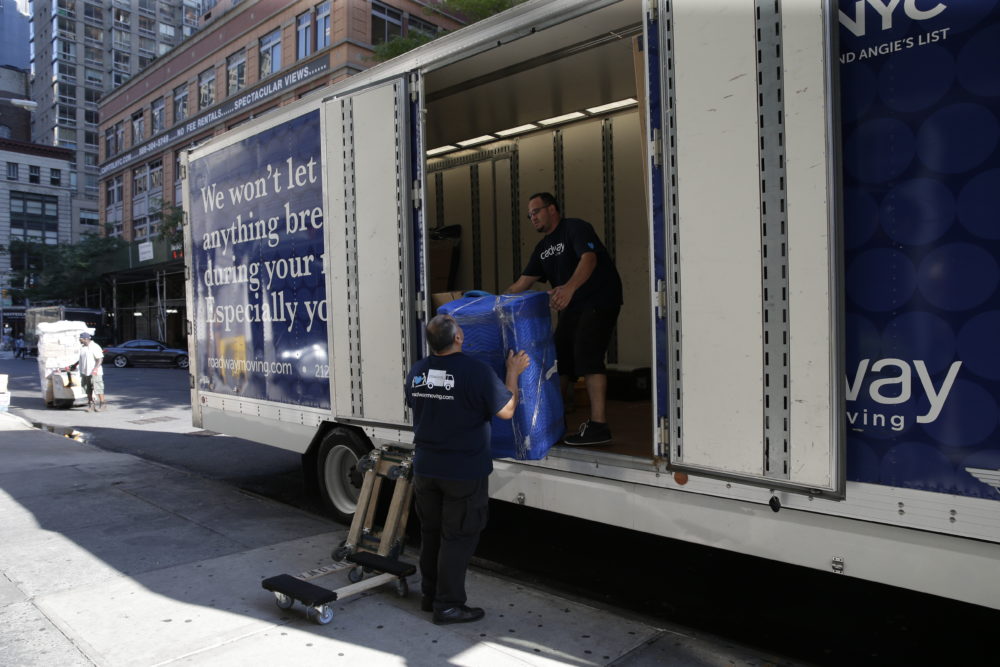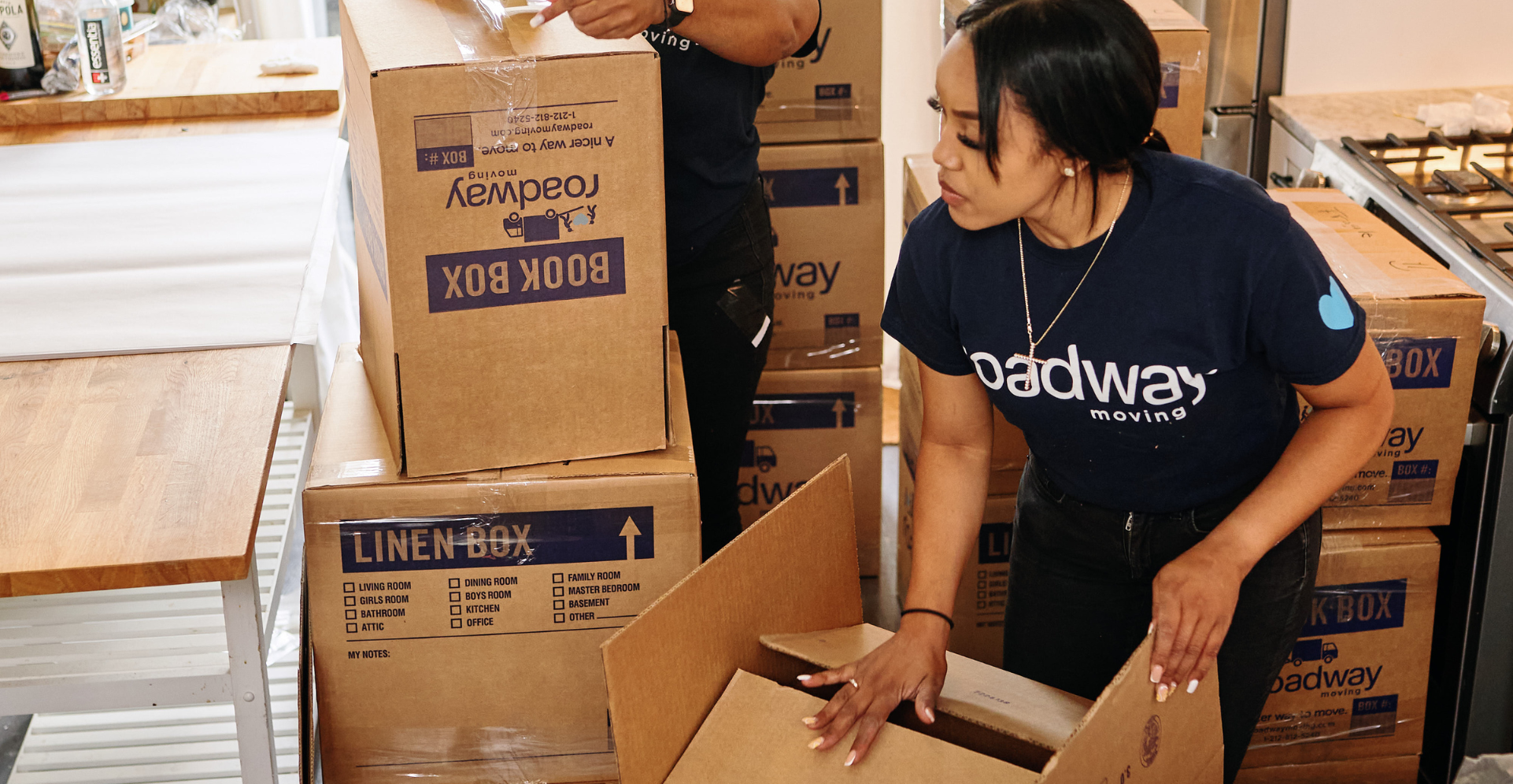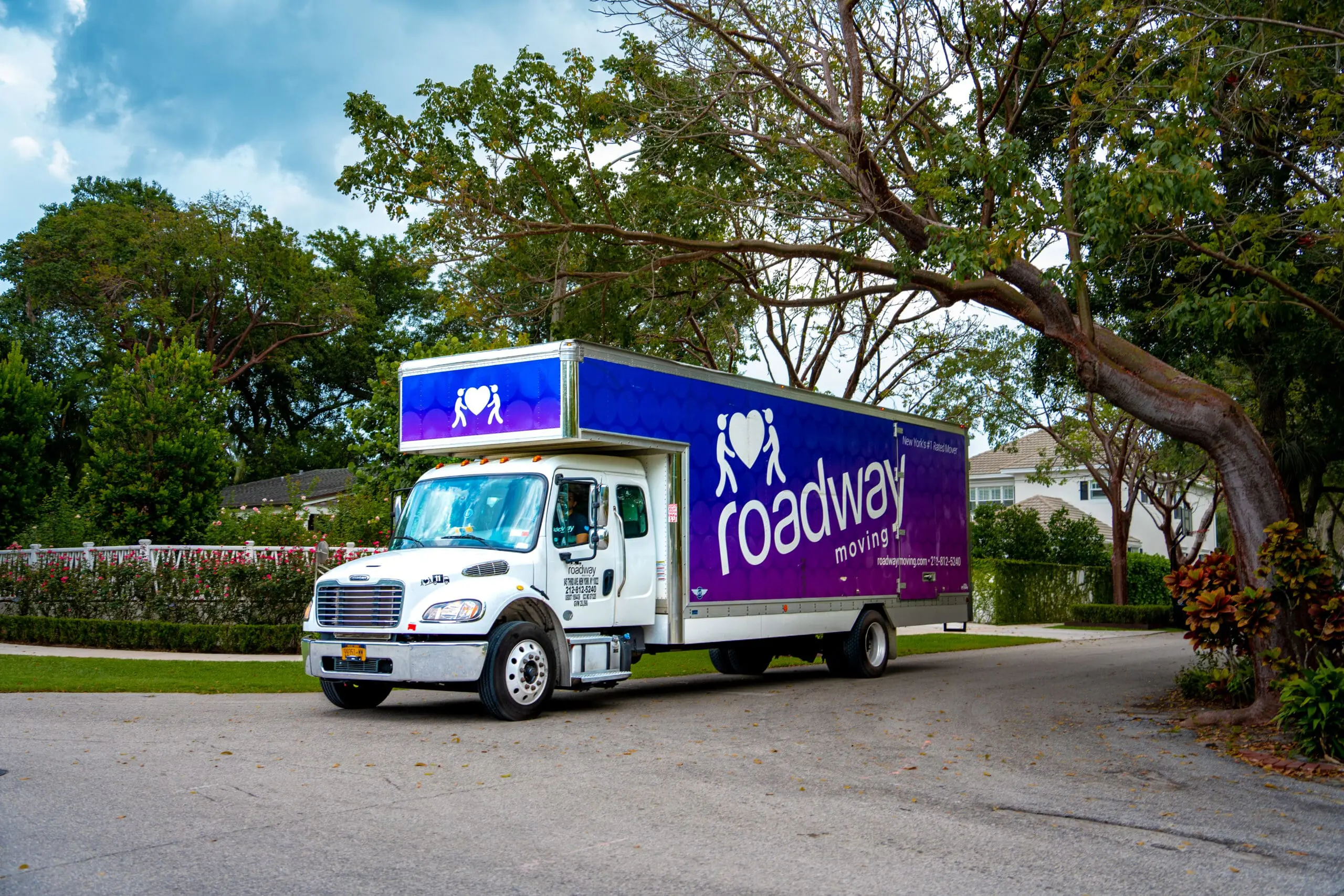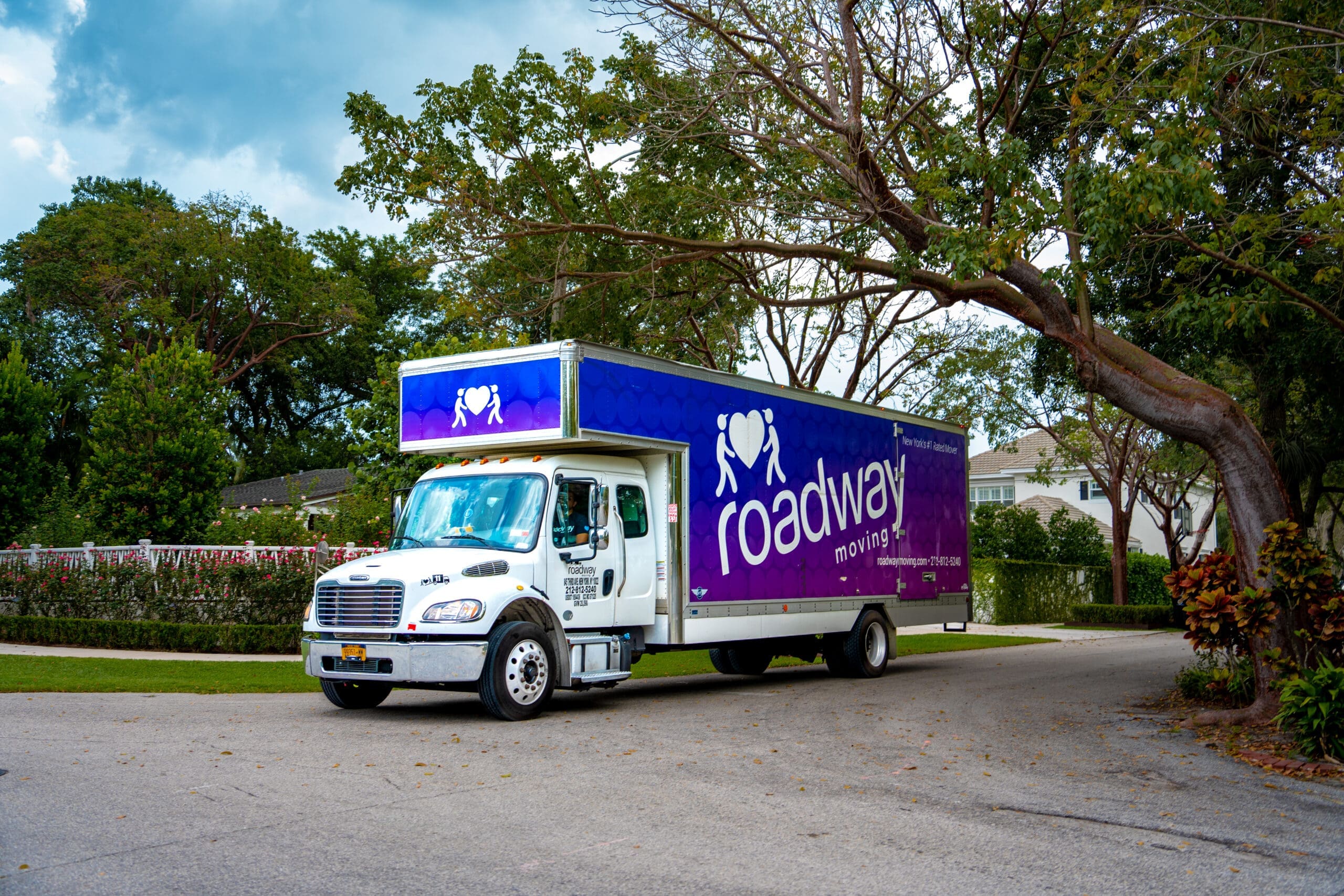6 Reasons Why Moving Insurance & Shipping Valuation Coverage Differ







Before you choose your moving and shipping company, be sure you are covering your belongings in the right way. For that, you need to know your insurance options. Based on the coverage required and what the federal law says, here are the 6 differences you need to understand between moving insurance and shipping valuation coverage.
To ensure comprehensive coverage that aligns with your needs, it’s advisable to delve into the specifics of each option and assess your belongings’ value accurately. Choosing the right insurance for your move involves a careful evaluation of your possessions and their intrinsic value. Take the time to create a detailed inventory of your items, considering their age, condition, and replacement cost. Additionally, understand the coverage limits and exclusions of the insurance options available. While online research can be helpful, seeking advice from professionals is invaluable.
Once you’ve compiled your inventory and assessed your insurance needs, it’s essential to explore insurance options that align with your requirements.
We hope having all of the knowledge helps you worry less about your move.
- The number of parties involved:
Moving insurance involves three parties- you, your moving company, and the insurance company. Shipping valuation coverage involves only two parties- you and your moving company. Read the next few reasons to understand why “too many cooks” don’t actually spoil your move! - What each covers:
An insurance company covers you even from unexpected damages. Depending on your agreement, coverage against natural disasters may also be covered. On the other hand, moving companies are liable to only mistakes of their own. A moving company can decline cash settlement on various grounds. For example, if there was a fire or a landslide your moving company is not liable for the damage. So they are not often required to compensate for your loss. But insurance can fill the gap and cover you for the full amount of your property. - Not everyone can sell insurance:
Only insurance companies and licensed agents can sell you insurance. You have to be careful of unscrupulous moving companies. These companies may try to convince you that shipping valuation coverage is insurance. If you have to file a claim, the chances of you getting under-compensated are higher with shipping valuation coverage. - Get full value protection:
When you choose to get moving insurance, make sure you choose to cover 100% of your goods. You have the option to choose anything less than that. It may seem more economical, but if something were to happen and you file a claim, there will be many expenses out of your pocket. - The number of levels of liability:
With third party insurance, you have full value protection as the only level. But with valuation coverage, you got a total of three options. Moving companies are supposed to offer at least two levels of liability as per the Federal Motor Carriers Safety Administration regulations (FMCSA). Full Value Protection (FVP) and Released Value Protection (RVP) are the first two choices with moving companies. The third choice should remain your last choice. It is to exercise your right to decline both FVP and RVP levels of liability. - Weight vs. Value:
With RVP there is no additional cost. It is the most economical choice when moving. You receive $0.60 per pound per item, irrespective of its material or cost. This is good for those transporting bulk goods that cost less than $0.60 per pound. But for relocating, this is not always your best choice because you may not get paid what your goods are worth.
In the case of damage or loss, the value of an item covered under Full Value Protection is determined by dividing the value of your entire shipment by its weight, depending on the deductible you select. However, keep in mind that you will not get the price you paid for something brand new. You will receive the replacement value. Yet, this is the second highest form of protection for your goods after insurance. One mistake that some people do is they forget to declare highly valuable goods being moved. If there is something in your truck that costs more than $100 per pound, you need to tell your mover in advance. This information has to be included on the shipping documentation. If you do commit the mistake of not declaring it, your mover is not liable to any damage caused to such items.
Check our guide about Full Value Protection, its importance, and why it is different from an insurance you can purchase from a third-party insurance company.
This difference between insurance and shipping valuation coverage is critical to understand the most economical way to cover your belongings. It is a fine line that separates choosing wisely and choosing conveniently. Understanding the nature and value of the goods you move will help you choose the best option of the above. With any insurance, you as a buyer have the duty to be 100% sure about all terms and conditions. Analyze, research and choose what is best for you.
Roadway Moving is standing by to help you fully understand the options available to you when moving and protecting your valuables. Please give us a call today to learn more about how we make sure you’re comfortable and covered.

















